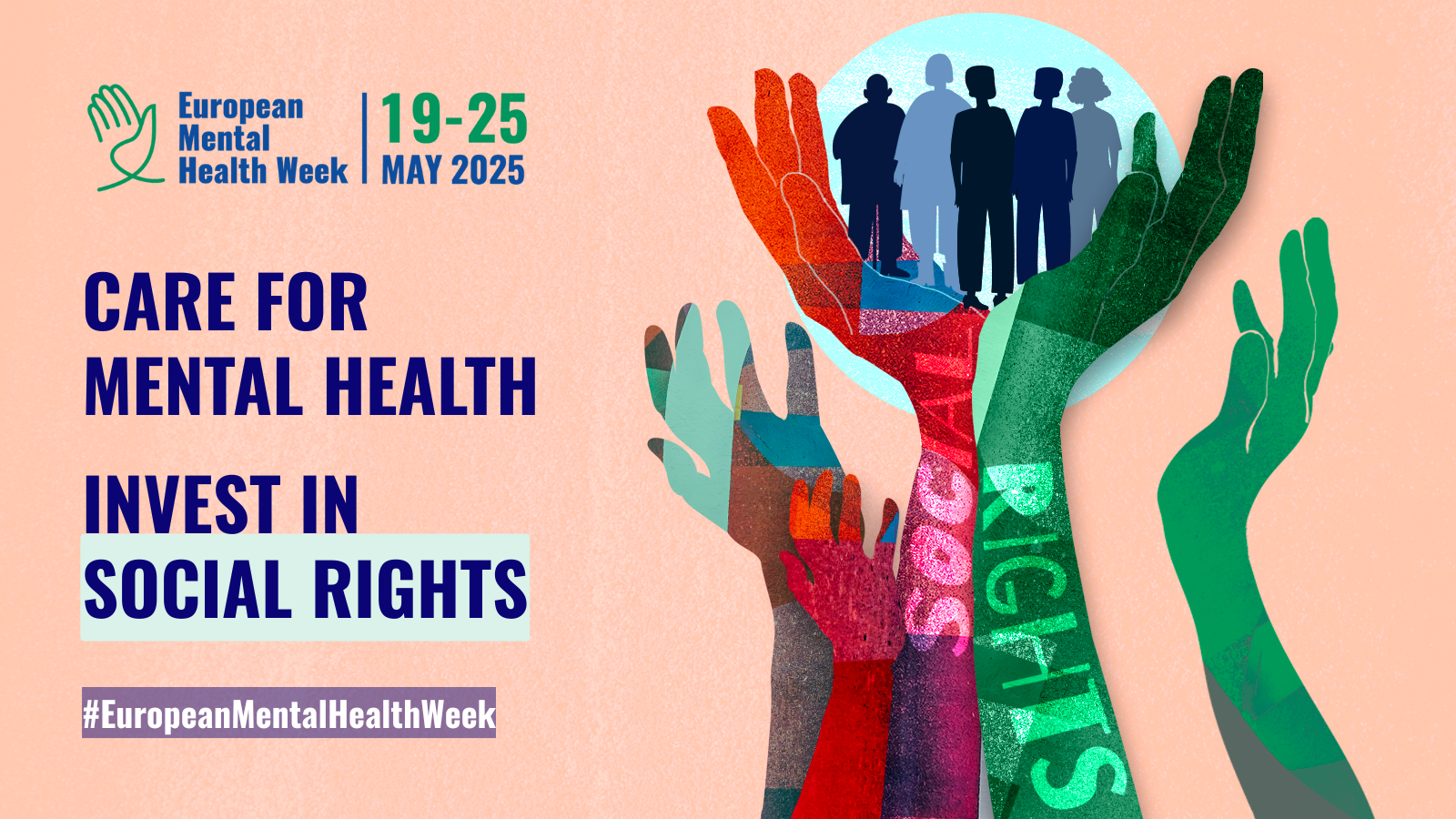staying positive when things get tough
Each May, a gentle spotlight shines on a subject often left in the dark—mental health. Mental Health Awareness Month is not just a campaign or a conversation starter. It’s an invitation to pause, reflect, and embrace the full spectrum of the human experience. From emotional well-being to psychological resilience, mental health touches every moment of our lives—even the silent ones. But in a world that rewards hustle over healing, the importance of nurturing the mind is often forgotten.
This article explores the meaning and significance of Mental Health Awareness Month. We’ll walk through the Five Cs—Competence, Confidence, Connection, Character, and Caring—that form the foundation of mental wellness. And finally, we’ll ask an important question: how can we stay strong, not just on the outside, but in the quiet chambers of the mind?
Mental Health Awareness Month: Honoring the Unseen
Since its establishment in 1949 by Mental Health America, Mental Health Awareness Month has grown into a global reminder of the importance of emotional and psychological well-being. It shines a light on issues that too often go unspoken—depression, anxiety, trauma, burnout—and opens the door for support, understanding, and policy reform. According to the World Health Organization, over 970 million people around the world live with a mental disorder. Awareness isn’t a luxury—it’s a necessity.
This month encourages both personal reflection and collective action. It empowers individuals to seek help without shame, and urges communities to create environments where empathy replaces stigma. Schools, workplaces, and governments are increasingly recognizing that mental health is as vital as physical health. When we bring it into the open, we allow healing to begin.
Competence: Building the Skills to Cope and Thrive
Competence is the foundation of mental strength. It’s about more than intelligence or education—it’s the confidence to handle life’s challenges with grace. When we feel competent, we’re less likely to feel overwhelmed, anxious, or defeated by setbacks.
Developing mental competence involves learning emotional regulation, conflict resolution, and stress management. Cognitive-behavioral techniques (CBT), for instance, can help individuals identify unhelpful thought patterns and replace them with healthier alternatives. Mindfulness, journaling, and therapy also contribute to a growing toolbox of resilience. The more we practice these skills, the more capable we feel—not just in calm waters, but in the storm.

Confidence: Trusting Your Inner Strength
Confidence is the quiet belief that I can. It doesn’t mean never doubting or struggling—it means knowing you have the strength to rise again. According to the National Institute of Mental Health, self-efficacy, or the belief in your ability to succeed, is a key protective factor in mental wellness.
Confidence grows through both action and affirmation. Small wins—like setting boundaries, speaking up, or completing a personal goal—are powerful confidence builders. So are daily affirmations and surrounding yourself with people who believe in you. The more you show up for yourself, the more your inner voice begins to say, You’ve got this.
Connection: We Heal Through Each Other
Loneliness is more than a feeling—it’s a health risk. The U.S. Surgeon General recently declared social isolation a public health crisis, linking it to heart disease, dementia, and depression. Connection is not optional—it’s essential to our survival and our sanity.
Meaningful relationships—built on empathy, trust, and mutual care—serve as emotional anchors. Whether it’s a close friend, a family member, or a support group, having someone who listens without judgment can make all the difference. Volunteering, joining a class, or simply reaching out to reconnect are powerful first steps toward healing. When we are seen and heard, we remember that we are not alone.
Character: Integrity in the Face of Adversity
Character shapes how we respond to the world, especially when no one is watching. It’s the courage to live by our values, the humility to admit mistakes, and the compassion to forgive. When our actions align with our inner truth, we experience less internal conflict and more peace of mind.
A strong character supports mental health by giving life a sense of purpose and moral grounding. It helps us resist peer pressure, cope with guilt, and persevere through setbacks. Developing character isn’t about perfection—it’s about choosing kindness over cynicism and curiosity over judgment. Each decision, no matter how small, becomes a brick in the house of our integrity.
Caring: The Heart of Emotional Wellness
To care deeply—for yourself, for others, for the world—is to remain emotionally alive. In the language of psychology, caring is closely tied to empathy and emotional intelligence. It involves recognizing suffering, responding with kindness, and investing in well-being—your own and that of others.
Caring builds community. It lowers stress levels, boosts immune function, and increases life satisfaction, according to numerous studies cited by the American Psychological Association. Self-care, in particular, is not selfish—it’s survival. Daily acts of nourishment, from taking breaks to practicing gratitude, serve as reminders that you matter. When you care, you heal—and when you heal, you care more fully.
How to Stay Strong Mentally: A Daily Practice
Mental strength isn’t about suppressing emotions or being “tough.” It’s about staying grounded in the face of uncertainty, and finding light even in the darkness. Here are gentle but powerful ways to cultivate mental strength every day:
- Set realistic goals and celebrate small progress
- Practice mindfulness to manage intrusive thoughts
- Move your body—physical activity boosts mood and focus
- Seek therapy or coaching to gain insight and tools
- Stay connected—build and maintain a support network
- Limit exposure to toxic media or environments
- Rest when needed—rest is a form of strength, not weakness
Mental strength is a practice, not a destination. Like a muscle, it grows with consistent care, flexibility, and rest.

From Awareness to Empowerment
Mental Health Awareness Month is more than a calendar event—it’s a mirror and a window. A mirror that reflects our own emotional journeys. A window into what we can do, together, to create a more compassionate world. The Five Cs—Competence, Confidence, Connection, Character, and Caring—remind us that wellness is not one thing; it’s a tapestry of practices and values woven into our daily lives.
Whether you begin with a quiet moment of self-reflection, a heartfelt conversation, or a bold step toward support, know this: your mind is worthy of care. And you are stronger than you know.
Tags: mental health awareness, mental strength, mental wellness, emotional resilience, 5 Cs of mental health, self-care, confidence, mindfulness, personal growth, healing journey
Want more calm, clarity, and insight in your inbox? Subscribe for weekly reflections and wellness tools to help you stay grounded, uplifted, and connected. You’re not alone on this path.







